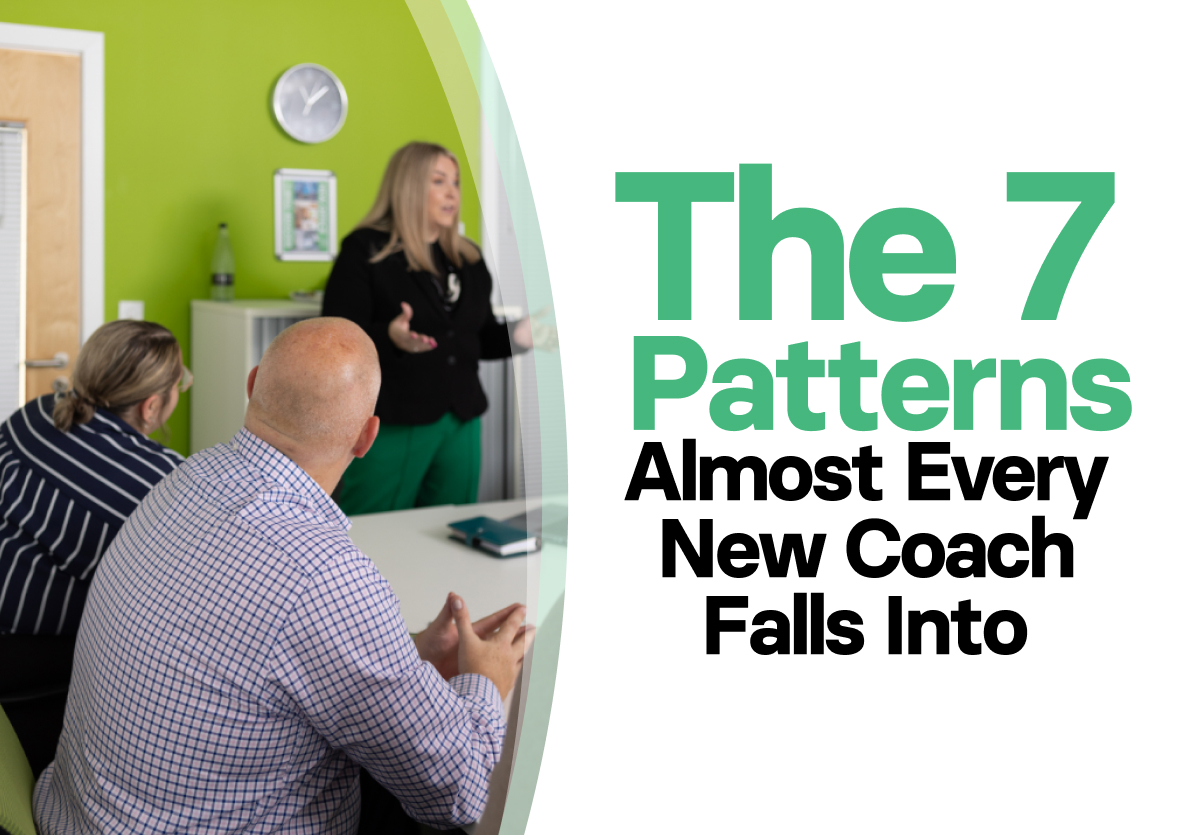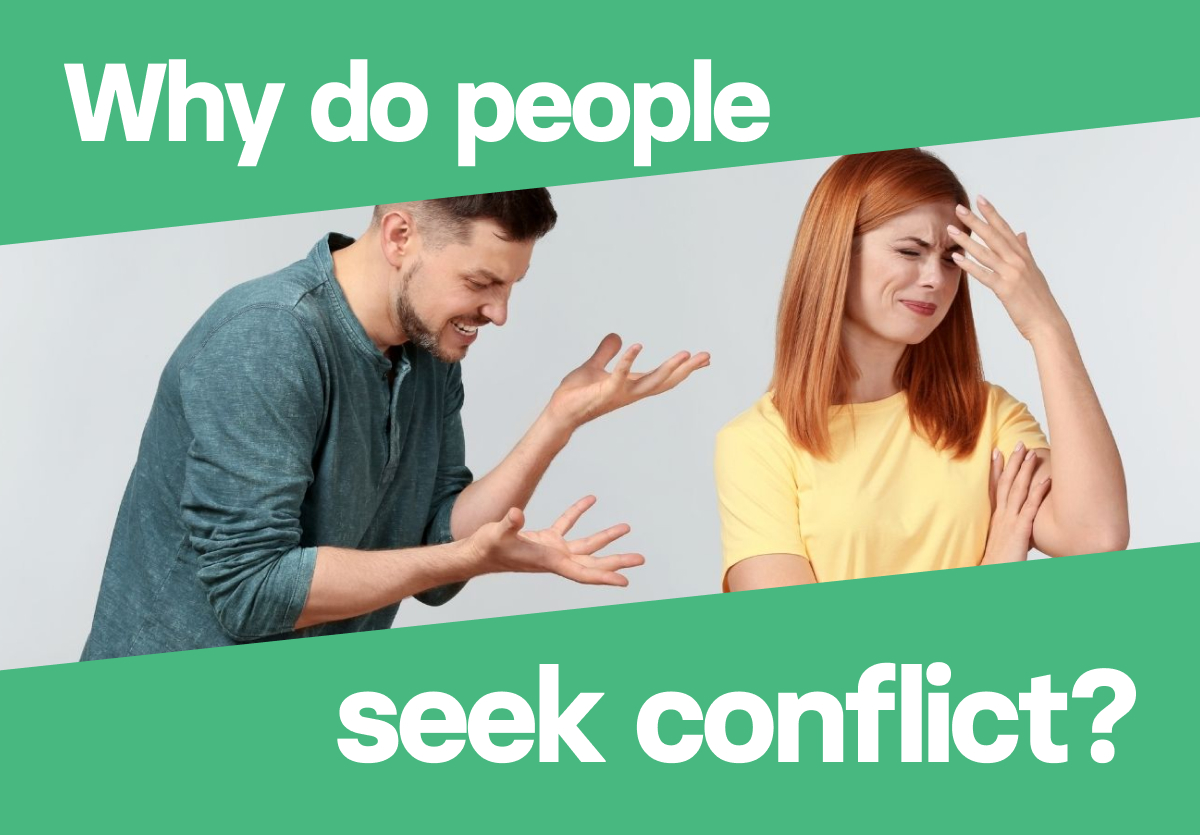As a coach training business, Paseda360 understands the importance of helping coaches develop the skills to guide their clients towards self-awareness and growth.
The PASEDA name came from the first letter of six crucial outcomes for clients.
Positive Belief System
Abundance Mindset
Stabilised Trauma Response
Empathic Perspective
Deep Self Awareness
Authentic Self Value
In this article, we will explore the significance of one of the Paseda360 outcomes which is the empathic perspective. Helping a client to find a different perspective or providing them with alternative perspectives, fosters clients’ growth and development.
As human beings, we all have our unique lenses through which we view reality. I like to call these Stained Glass Windows. Our experiences, beliefs, values, and biases shape our perspective, and it’s easy to get stuck in a narrow view of the world.
When clients come to a coach with challenges, they often have a fixed perception of the situation, which can limit their ability to find solutions or make progress. As coaches, we play a crucial role in helping clients expand their awareness by offering alternative perspectives.
One powerful question that can open up new perspectives for clients is, “What else could it mean?” This simple yet profound question challenges clients to consider different interpretations or meanings of a situation or event. It prompts them to step out of their comfort zone and explore possibilities beyond their initial perception. For example, if a client is feeling disappointed about not getting a promotion at work, we can ask them, “What else could it mean that you didn’t get the promotion?” This question can help the client see that there may be other opportunities or paths they can explore, rather than feeling stuck or defeated.
In a interesting session with a client recently, the what else could it mean exploration helped her move away from blaming a recruiter for her lack of job progress. The client came to a realisation that she was only putting 50% effort into a job hunting process, and the ‘uncaring recruiter’ was not actually at fault for saying her CV didn’t match the job criteria.
As coaches, we bring a fresh pair of eyes to the table. We are trained to actively listen and observe, not just to the words clients say, but also to the emotions, body language, and underlying beliefs they express. We can pick up on patterns, contradictions, their pretender masks, and gaps in their thinking, and we can point them out.
By offering alternative perspectives, we can help clients uncover blind spots or assumptions they may not have realised they had, and expand their understanding of the situation at hand.
Offering alternative perspectives also helps clients build empathy and compassion, which are essential skills for effective communication and relationship-building. By encouraging clients to consider multiple viewpoints, we help them develop a more nuanced and holistic understanding of people and situations. This can lead to greater tolerance, understanding, and respect for others, even if their perspectives differ from our clients’ own. For instance, if a client is struggling with a disagreement with a family member, we can ask them, “What might be some reasons why they see things differently from you?” This question can help the client develop empathy towards the other person’s experiences and beliefs, paving the way for more constructive communication and resolution.
However, it’s crucial to note that offering alternative perspectives should be done with care and sensitivity. We must always respect clients’ perspectives and avoid imposing our own biases or judgments on them. Our role is not to dictate what is right or wrong, but rather to facilitate clients’ exploration and discovery of different viewpoints.
One of the most powerful ways to explore the empathic perspective is during the process of limitless light therapy. Here we bring in the empathic perspective at the point when a limiting belief was formed, and in doing so, we can reframe the belief. The empathic perspective shifts the belief.
As coaches, we have a unique opportunity to help our clients expand their awareness by offering alternative perspectives. Through the use of powerful questions such as “What else could it mean?”, we can challenge our clients to look beyond their initial perception and consider different interpretations or meanings of situations.
As a coach training business, Paseda360 understands the importance of equipping coaches with the skills to offer alternative perspectives effectively. Our training programs emphasise active listening, empathy, challenge and our limitless light therapy techniques to help coaches guide their clients towards self-awareness and growth.
So, the next time your client presents a challenge or a situation, remember to ask them, “What else could it mean?” Encourage them to explore different perspectives and help them expand their awareness. By doing so, you can empower them to see beyond their initial perception, build empathy and compassion, and enhance their personal and professional growth.







